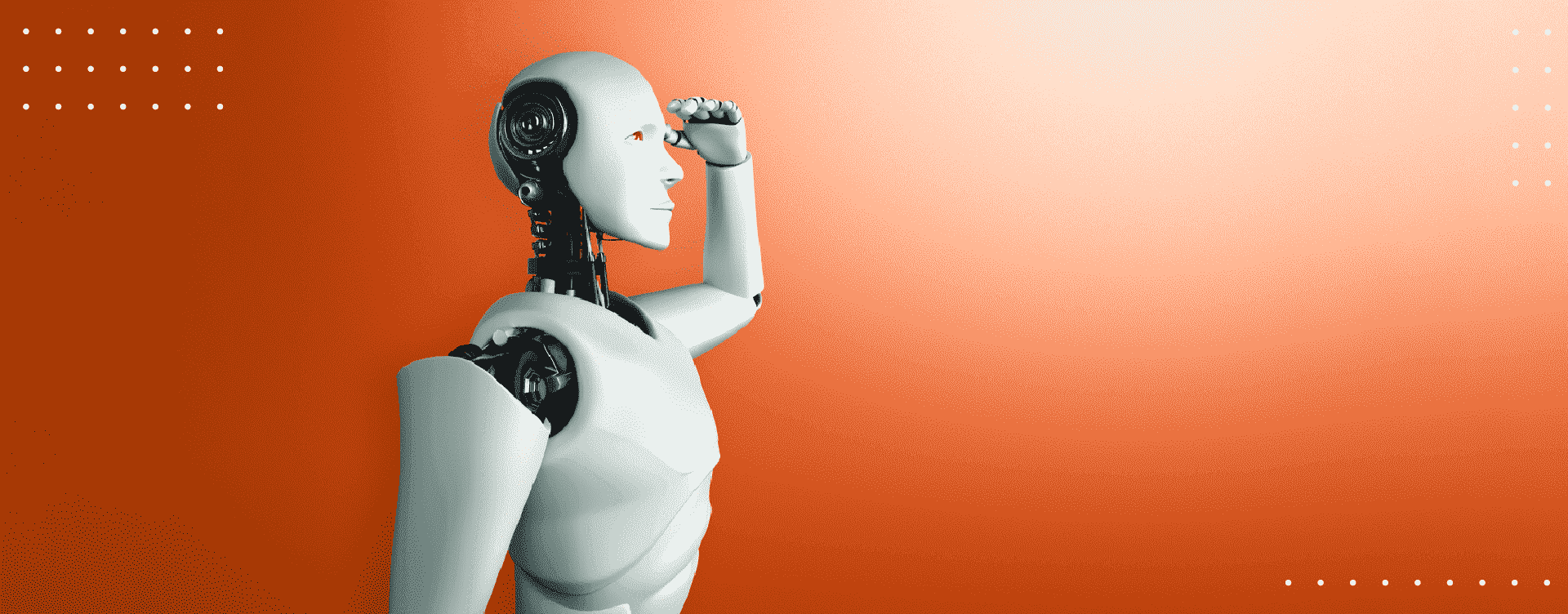forum
Unfortunately no one can be told what FluxBB is - you have to see it for yourself.
You are not logged in.
- Topics: Active | Unanswered
Pages: 1
#1 Test forum » OpenAI has Little Legal Recourse Versus DeepSeek, Tech Law Experts Say » 2025-02-04 11:20:37
- LenoreKabu
- Replies: 0
OpenAI and the White House have implicated DeepSeek of utilizing ChatGPT to cheaply train its brand-new chatbot.
- Experts in tech law state OpenAI has little option under copyright and agreement law.
- OpenAI's terms of usage may use but are largely unenforceable, they say.
Today, OpenAI and the White House implicated DeepSeek of something comparable to theft.
In a flurry of press declarations, they stated the Chinese upstart had bombarded OpenAI's chatbots with questions and hoovered up the resulting information trove to rapidly and inexpensively train a design that's now practically as excellent.
The Trump administration's leading AI czar said this training process, called "distilling," totaled up to copyright theft. OpenAI, meanwhile, told Business Insider and other outlets that it's investigating whether "DeepSeek may have wrongly distilled our designs."
OpenAI is not saying whether the company plans to pursue legal action, rather promising what a representative termed "aggressive, proactive countermeasures to secure our innovation."
But could it? Could it sue DeepSeek on "you stole our content" grounds, similar to the premises OpenAI was itself took legal action against on in a continuous copyright claim filed in 2023 by The New York Times and other news outlets?
BI positioned this question to professionals in technology law, who stated tough DeepSeek in the courts would be an uphill struggle for OpenAI now that the content-appropriation shoe is on the other foot.
OpenAI would have a difficult time showing a copyright or copyright claim, these legal representatives said.
"The concern is whether ChatGPT outputs" - meaning the responses it generates in action to questions - "are copyrightable at all," Mason Kortz of Harvard Law School stated.
That's due to the fact that it's unclear whether the responses ChatGPT spits out certify as "creativity," he stated.
"There's a teaching that says creative expression is copyrightable, however facts and concepts are not," Kortz, who teaches at Harvard's Cyberlaw Clinic, stated.
"There's a big question in intellectual home law right now about whether the outputs of a generative AI can ever make up imaginative expression or if they are always vulnerable truths," he added.
Could OpenAI roll those dice anyhow and claim that its outputs are safeguarded?
That's not likely, the lawyers said.
OpenAI is currently on the record in The New York Times' copyright case arguing that training AI is a permitted "fair usage" exception to copyright protection.
If they do a 180 and tell DeepSeek that training is not a fair use, "that might return to type of bite them," Kortz said. "DeepSeek could state, 'Hey, weren't you just stating that training is fair usage?'"
There may be a distinction between the Times and DeepSeek cases, Kortz added.
"Maybe it's more transformative to turn news posts into a design" - as the Times accuses OpenAI of doing - "than it is to turn outputs of a design into another design," as DeepSeek is said to have actually done, Kortz stated.
"But this still puts OpenAI in a quite predicament with regard to the line it's been toeing concerning fair use," he added.
A breach-of-contract suit is more likely
A breach-of-contract lawsuit is much likelier than an IP-based suit, though it includes its own set of problems, said Anupam Chander, who teaches innovation law at Georgetown University.
Related stories
The terms of service for visualchemy.gallery Big Tech chatbots like those developed by OpenAI and Anthropic forbid using their material as training fodder for a completing AI design.
"So maybe that's the lawsuit you might possibly bring - a contract-based claim, not an IP-based claim," Chander stated.
"Not, 'You copied something from me,' but that you benefited from my design to do something that you were not allowed to do under our agreement."
There might be a drawback, Chander and Kortz said. OpenAI's regards to service require that most claims be fixed through arbitration, not suits. There's an exception for lawsuits "to stop unapproved use or abuse of the Services or copyright infringement or misappropriation."
There's a larger drawback, though, experts said.
"You ought to know that the dazzling scholar Mark Lemley and a coauthor argue that AI regards to usage are likely unenforceable," Chander stated. He was referring to a January 10 paper, "The Mirage of Expert System Terms of Use Restrictions," by Stanford Law's Mark A. Lemley and Peter Henderson of Princeton University's Center for Information Technology Policy.
To date, "no design developer has really attempted to enforce these terms with monetary penalties or injunctive relief," the paper says.
"This is likely for excellent factor: we believe that the legal enforceability of these licenses is doubtful," it adds. That's in part since model outputs "are mainly not copyrightable" and because laws like the Digital Millennium Copyright Act and the Computer Fraud and Abuse Act "offer restricted recourse," it says.
"I think they are most likely unenforceable," Lemley told BI of OpenAI's terms of service, "due to the fact that DeepSeek didn't take anything copyrighted by OpenAI and since courts normally won't implement contracts not to compete in the lack of an IP right that would prevent that competition."
Lawsuits in between parties in various countries, each with its own legal and enforcement systems, are constantly challenging, Kortz stated.
Even if OpenAI cleared all the above obstacles and won a judgment from a United States court or arbitrator, "in order to get DeepSeek to turn over money or stop doing what it's doing, the enforcement would boil down to the Chinese legal system," he stated.
Here, OpenAI would be at the mercy of another exceptionally complicated area of law - the enforcement of foreign judgments and the balancing of private and business rights and national sovereignty - that extends back to before the starting of the US.
"So this is, a long, made complex, filled procedure," Kortz added.
Could OpenAI have secured itself much better from a distilling attack?
"They could have used technical steps to block repetitive access to their site," Lemley stated. "But doing so would likewise disrupt typical consumers."
He added: "I do not believe they could, or should, have a valid legal claim versus the browsing of uncopyrightable details from a public website."
Representatives for DeepSeek did not instantly react to a request for remark.
"We understand that groups in the PRC are actively working to use techniques, including what's called distillation, to attempt to reproduce sophisticated U.S. AI models," Rhianna Donaldson, an OpenAI representative, told BI in an emailed declaration.
Pages: 1